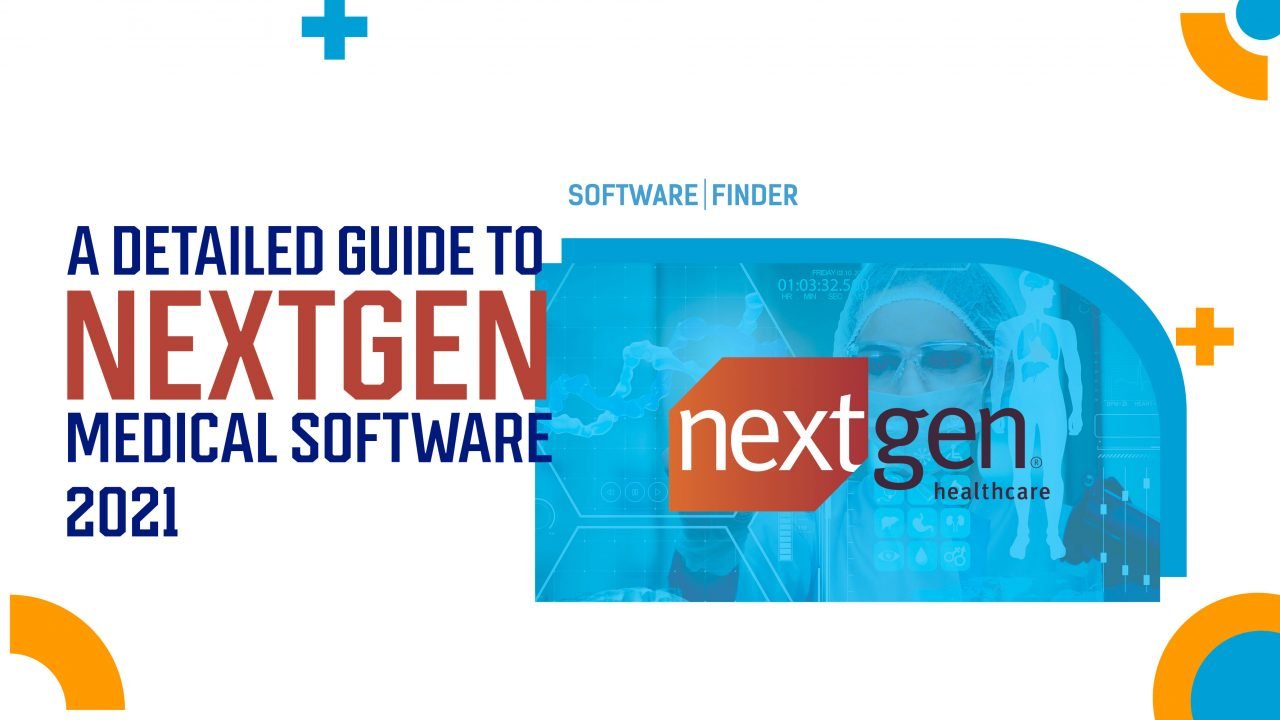It’s past time for the health sector to consider further than just supplying medical services to the patients. Protecting patient privacy and security has become highly significant. Frauds, scams, or illicit practices, are issues that every industry deals with today. These scams are not uncommon in the medical sector. The latest data breach at AMCA gave access to 2.2 million patient data, forcing the firm to declare bankruptcy.
The obligation for patient identification screening is growing. As the world becomes more digital, it is crucial to monitor this accelerated digitalization, which necessitates the use of the KYP (Know Your Patient) identification system.
What is KYP?
Due to the large amount of private information contained in illegally acquired health records, cybercriminals frequently pay more than $1,000 for each one. Safeguarding these delicate patient records requires much more than simply following HIPAA regulations. Some advocacy groups are advocating for the implementation of a new standard known as the Know Your Patient (KYP) – patient verification system.
KYP, designed like Know Your Customer (KYC), a crucial process in the finance industry that requires consumers to be verified in order to prevent money theft, would enable healthcare organizations to inspect prescribed drugs and insurance coverage while also protecting patients from financial distress and identity fraud. KYP screening starts with integrating an identification screening and age authentication solution with the website gateway or pharmacy.
How to Verify Patient’s Identity?
Steps of Verification:
- The patient provides an id card to his device’s camera or a webcam.
- The AI-powered system recognizes and retrieves information from the id document and compares it to the data shared by the patient during enrollment. The identity monitoring method also validates the proof of identity.
- Liveness detection is used in biometric, authentication.
- Service users are shown the validation results which are then shared. In the back-office records
Implementation of KYP in the Health Sector
Medical Identity Theft
Hijacked medical identities are frequently used to obtain free medical care. Free prescription meds, insurance coverage, or plainly to harm a patient’s billing credentials. The consequences of medical ID theft are horrifying. For instance, Anndorie Cromar was fighting for the custody of 4 of her kids as a result of healthcare identity fraud. If the hospital had validated that female, this might have ended up saving the identity fraud accused, child protection organizations, and the health center a lot of time, hard work, and wealth. If the hospital had validated that female, this might have ended up saving the identity fraud accused, child protection organizations, and the health center a lot of time, hard work, and wealth.
Folks often just accept the hospital’s carelessness, but there are many who sue the hospital’s management; it will harm the hospital’s public image and may result in financial losses.
So, why not protect all of this damage with a few minutes of patient verification?
Patient Age Verification for Prescription Medicines
As per the General Pharmaceutical Council, drug stores should identify patient age before dispensing any prescription medications. Juveniles may use an elder’s medication to obtain substances that are not appropriate for them. Prescribed drug abuse gives rise to addiction, and heavy drug usage rates among minors can result in death. As a result, before administering any prescription medicines, always confirm the user’s age.
Compliance with data protection regulations requires proper safety and documentation of patient records. In the United States, for instance, HIPAA (Health Insurance Portability and Accountability Act) Folks often just accept the hospital’s carelessness, but there are many who sue the hospital’s management; it will harm the hospital’s public image and may result in financial losses.
Digitalization in Health Care Industry
The medical industry is expanding, and new digital technologies and strategies are arising in this field. There are medical apps available that allow people to interact with doctors digitally and obtain treatments. In this digital age, KYP monitoring is one of the best approaches for maintaining a translucent connection between physicians and patients. It ensures that the patient is describing the correct ailments and is not lying in order to get prescription medicine
Bottomline
In a setting where every second counts, a quick identity monitoring. Approach makes sure that minimal time is consumed in verification procedures and that the patient receives the care to which they are entitled. This advancement in hospitalization onboarding. Processes is required due to the increase in healthcare identity theft.




